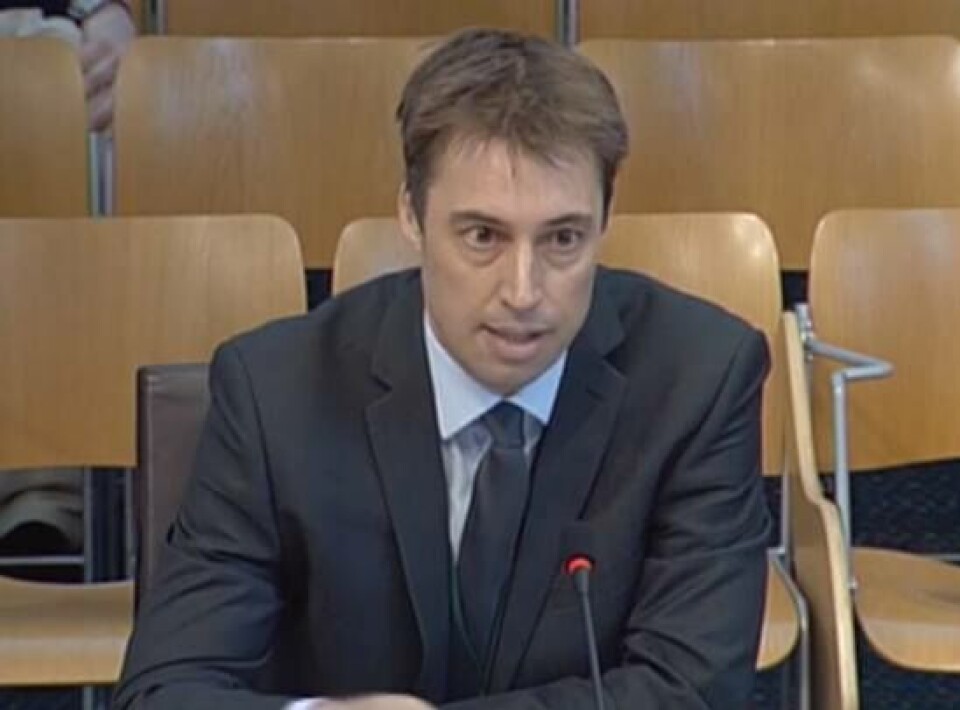
Wild salmon body hires aquaculture go-between
The wild fish body Fisheries Management Scotland (FMS) has appointed Polly Burns in the newly created role of aquaculture interactions manager, to liaise with the salmon farming industry.

The post is funded by Crown Estate Scotland and Marine Scotland with the aim of protecting and restoring wild salmonid populations, said FMS.
Burns most recently worked with Lloyds Register where she managed the teams that assess fisheries and fish farms under the Marine Stewardship Council, Aquaculture Stewardship Council and other certifications schemes.
Prior to that, she worked as the assistant biologist with the Spey Foundation, where she gained knowledge of the natural history of salmonids, the interactions between wild and farmed populations and the stakeholders within the sectors, said FMS.
Burns graduated in 2013 with a marine science degree from the Scottish Association for Marine Science in Oban. In 2017, she was given a sabbatical to study for a Masters at the University of York. Her thesis reconstructed the history of the marine environment around Ascension Island, a UK overseas territory in the South Atlantic.
Habitat restoration
Her appointment to FMS follows the publication in May of recommendations by the Salmon Interactions Working Group, aimed at improving the regulation of wild-farmed interactions, improving the relationship between the farmed and wild salmonid sectors and supporting the conservation of wild salmonids, including investment in habitat restoration.
The group was set up by Scotland’s rural economy minister, Fergus Ewing, in 2018, to find a common approach between aquaculture and wild salmon leaders, particularly in relation to sea lice management.
Representatives from fisheries trusts have also been holding talks with the Scottish Salmon Producers’ Organisation (SSPO), with the intention of establishing a fund to help halt wild stock decline.
When FMS advertised for an aquaculture interactions manager earlier this year it said a key element of the job would be ‘to develop and maintain professional engagement with the aquaculture industry to support the production of environmental management plans (or successor arrangements) and monitoring strategies to understand and address any local impacts on wild salmonid fish’.
The successful candidate would need ‘excellent negotiating skills’, it added.
Pivotal time
Burns said of her new job: ‘I am delighted to be joining Fisheries Management Scotland at such an interesting and pivotal time for wild and farmed salmonid interactions.
‘I am excited to work on effectively and sustainably managing the impacts of aquaculture developments in Scotland.
‘It is great to see the work that has already been done and I look forward to continuing the progress made. I am really looking forward to working with all those involved.’
The full-time post was advertised with a salary of between £45,000 and £47,000 a year.






















































